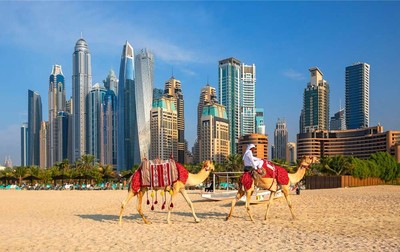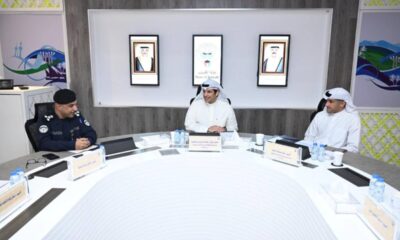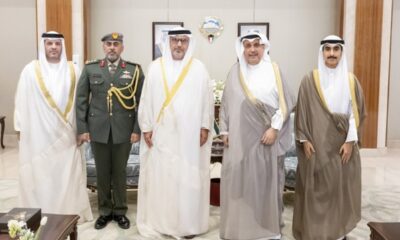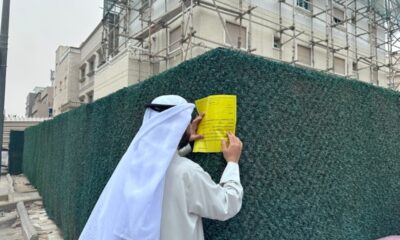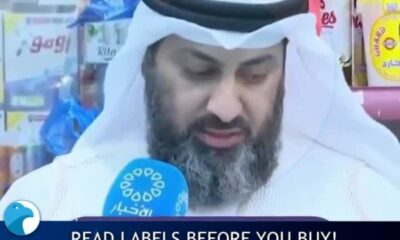DUBAI, July 12: Young professionals earning between AED 10,000 and AED 15,000 per month are being advised to allocate 20% to 30% of their income toward savings if they plan to invest in real estate. Property experts say disciplined financial planning—combined with gradual salary increases—can help prospective buyers accumulate enough for a down payment within three to five years.
“For properties priced between AED 600,000 and AED 900,000, buyers would typically need to save AED 90,000 to AED 180,000 for a 15% to 20% down payment,” said Adriano Vichi, co-founder of Monopoly Properties AVS. “With consistent monthly savings of AED 2,000 to AED 4,500 and prudent budgeting, this goal is achievable within three to five years.”
Real Estate Isn’t Just for the Wealthy
Vichi emphasized that real estate investment is no longer exclusive to high-income earners. “With the right strategy—understanding the market, selecting locations aligned with budget and expected returns, and timing entry—individuals with moderate incomes can also step into property ownership and start building long-term wealth,” he said.
For early-career professionals, the idea of investing in real estate might seem daunting. However, thanks to innovations like tokenisation and fractional ownership, the barrier to entry is significantly lower today, enabling more people to participate in the property market.
Breaking Traditional Barriers
Previously, financial institutions often required a minimum of six months’ salary history and a stable income to approve mortgage applications—making early investment difficult for newcomers to the workforce. But now, real estate tokenisation offers a new avenue. Ayman Youssef, Managing Director at Coldwell Banker UAE, explained that young professionals and even recent graduates can invest through fractional ownership with as little as AED 2,000.
Tokenisation involves converting the value of a physical property into digital “tokens” that are then bought and sold via blockchain—a secure and transparent digital ledger shared across a computer network.
Where Are the Investment Hotspots?
When it comes to where to invest, Youssef points to Dubai South, citing its proximity to the upcoming Al Maktoum International Airport. “The airport’s expansion is expected to drive strong demand for residential, commercial, and retail space,” he said.
Another promising area is Town Square, known for its master-planned communities and attractive price points. Planned connectivity improvements to Sheikh Zayed Road are expected to boost demand and raise property values in the future.
Don’t Overlook the Hidden Costs
Vijay Valecha, Chief Investment Officer at Century Financial, cautioned young investors not to underestimate the true cost of homeownership. “Many overlook recurring expenses such as insurance, maintenance, and utility bills, which can accumulate significantly,” he said. “It’s wise to build a solid financial foundation before entering the property market.”
He also stressed the importance of having an emergency fund. “Given that many young investors are in their first job, creating a financial safety net is essential,” Valecha said. “Ideally, they should save the equivalent of six months of living expenses in a liquid account to cover unforeseen setbacks, such as job loss.”
Valecha suggests that new earners structure their investment portfolios with a diversified mix—70% in equities, 20% in bonds, and 10% in real estate—adjusted based on individual risk tolerance and financial goals.
Investing from Just AED 500
For those with limited capital, platforms like SmartCrowd and PRYPCO enable investments in Dubai properties for as little as AED 500 and AED 2,000 respectively. The concept has gained significant traction. According to PRYPCO founder Amira Sajwani, one tokenised property on the platform was fully funded within 24 hours by 224 investors, while a second property was sold out in under two minutes.
Proceed with Caution
However, not all experts are convinced about the long-term value of fractional ownership. Zsombor Szokol, co-founder of Monopoly Properties AVS, advises caution. “While these platforms offer easier access, they come with trade-offs: reduced control over the asset, limited liquidity, and often lower income returns compared to full ownership,” he said.
“For serious investors, traditional methods—through direct acquisition backed by market research—remain the most reliable way to build a solid real estate portfolio,” Szokol added.
Final Word: Strategy Matters
Whether to start small through tokenisation or save gradually for full property ownership is ultimately a personal decision. While entering the market early with modest sums may seem appealing, prospective investors should weigh the risks and long-term benefits.
Dubai is rapidly embracing real estate innovation. Earlier this year, the Dubai Land Department (DLD) launched its Real Estate Tokenisation Project, now in the pilot phase. The initiative aims to drive substantial growth in the sector, with projections estimating that tokenised real estate transactions could account for AED 60 billion—roughly 7% of all property transactions—by 2033.

 Politics18 hours ago
Politics18 hours ago
 Latest News19 hours ago
Latest News19 hours ago
 Latest News17 hours ago
Latest News17 hours ago
 Politics9 hours ago
Politics9 hours ago
 Business9 hours ago
Business9 hours ago
 Latest News9 hours ago
Latest News9 hours ago
 Politics8 hours ago
Politics8 hours ago
 Business7 hours ago
Business7 hours ago
